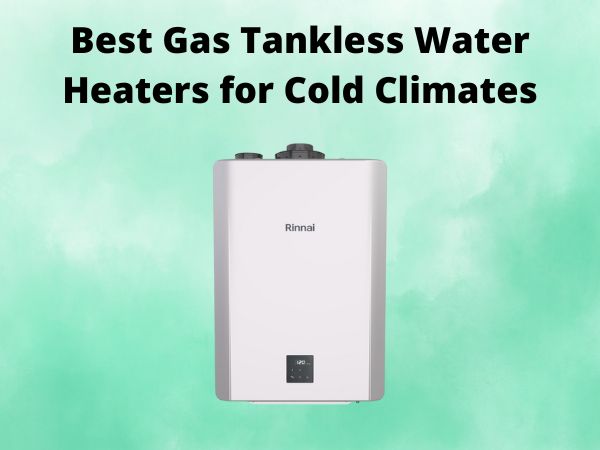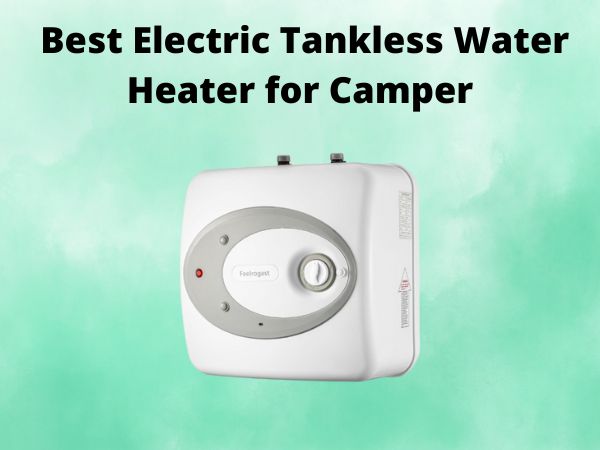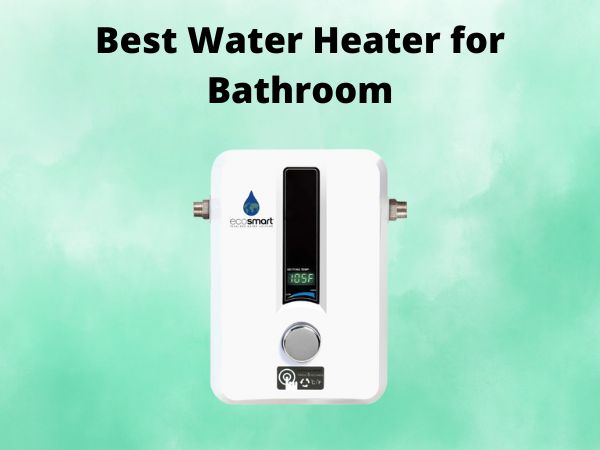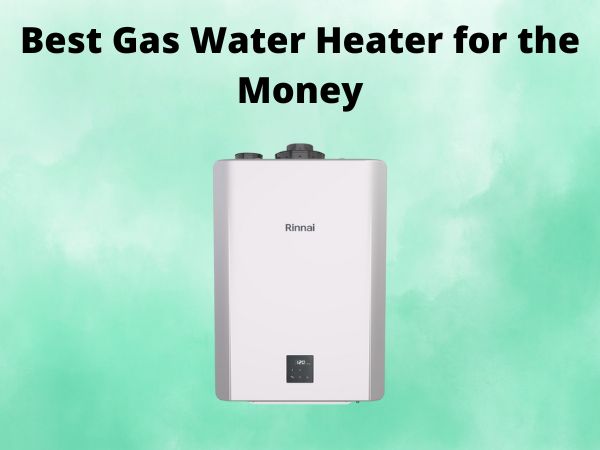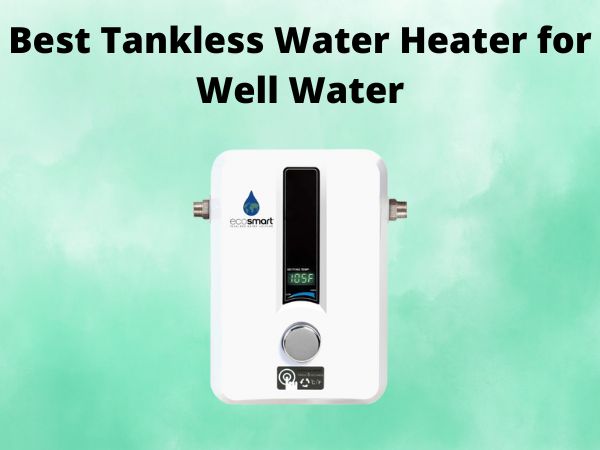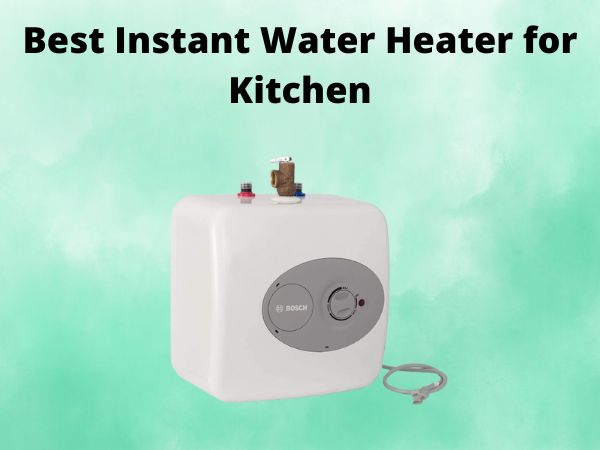5 Best Gas Tankless Water Heaters for Cold Climates [In 2026]
When it comes to providing hot water in cold climates, a reliable and efficient gas tankless water heater can make all the difference. These on-demand systems are designed to deliver a continuous supply of hot water, even in the harshest winter conditions. In this comprehensive review, we’ll explore the top gas tankless water heaters for cold climates, helping you make an informed decision for your home.
Tankless water heaters have become increasingly popular in recent years, thanks to their energy-efficient operation and ability to provide hot water on-demand. Unlike traditional tank-style heaters, tankless models heat water instantaneously as it flows through the unit, eliminating the need to maintain a constant supply of hot water in a storage tank. This makes them an ideal choice for homeowners in cold climates, where maintaining a consistent water temperature is crucial.
Table of Contents
5 Best Gas Tankless Water Heaters for Cold Climates Review
NEW Rinnai RXP160iN Condensing Smart Sense Natural Gas or Propane Tankless Water Heater
Specs:
• Delivers up to 9 GPM of hot water
• 160,000 BTU input
• UEF of 0.97 for high efficiency
• Convertible between natural gas and propane
• Indoor or outdoor installation options
Pros:
• Compact and space-saving design
• Intelligent recirculation feature learns usage patterns
• High-efficiency condensing technology
• Supports Wi-Fi connectivity for smart home integration
Cons:
• Installation manual could be more comprehensive
• Bluetooth-enabled features require additional accessories
CAMPLUX Climatech 3 Tankless Water Heater
Specs:
• Delivers up to 4.22 GPM of hot water
• 102,000 BTU input
• Compact dimensions of 21.3″ x 13.7″ x 6.8″
• Designed for whole-house use
• Includes multiple safety features
Pros:
• Efficient heat exchanger and long lifespan
• Offers freeze protection for cold climates
• Easy installation with standard connections
• Space-saving design for small spaces
Cons:
• Customer reviews are limited
Natural Gas Tankless Water Heater
Specs:
• Delivers up to 5.26 GPM of hot water
• 120,000 BTU input
• Outdoor installation with remote control panel
• Temperature range of 95°F to 149°F
• Stainless steel body for durability
Pros:
• Precise temperature control within ±1°F
• Offers multiple safety features
• Efficient combustion technology
• Easy outdoor installation with remote control
Cons:
• Limited customer reviews available
Rinnai RE199eN Non-Condensing Natural Gas Tankless Water Heater
Specs:
• Delivers up to 9.8 GPM of hot water
• 199,000 BTU input
• Outdoor installation only
• Compact design for small spaces
• Includes 15-year heat exchanger warranty
Pros:
• Improved internal layout for faster installation
• LED display with service reminders and error codes
• Supports Wi-Fi connectivity for smart home integration
• Durable construction with long-lasting components
Cons:
• Temperature performance may be inconsistent in very cold climates
• Higher cost compared to some other models
Propane Gas Tankless Water Heater
Specs:
• Delivers up to 4.3 GPM of hot water
• 100,000 BTU input
• Compact wall-mounted design
• Includes diverse smart modes for various needs
• Oxygen-free copper tank for improved efficiency
Pros:
• Steady temperature control for consistent comfort
• Energy-saving design to reduce utility costs
• Includes exhaust pipe for easy installation
• Space-saving solution for small homes and apartments
Cons:
• Professional installation required, not suitable for high-altitude areas
• Limited customer reviews available
Buying Guide
When selecting the best gas tankless water heater for cold climates, there are several key factors to consider:
Capacity and Performance
– Look for a unit with a high BTU input and GPM output to ensure it can handle the hot water demands of your home, especially during peak usage.
– Consider the maximum temperature rise the heater can provide, as this will be crucial in cold climates.
– Evaluate the heater’s ability to maintain consistent water temperatures, even with fluctuating inlet water temperatures.
Energy Efficiency
– Opt for a high-efficiency model, such as a condensing or non-condensing heater, to maximize energy savings and reduce operating costs.
– Look for features like intelligent recirculation and advanced combustion technology that further enhance the unit’s energy efficiency.
Cold Weather Performance
– Ensure the tankless water heater is designed to withstand freezing temperatures, with features like freeze protection and anti-frost mechanisms.
– Consider the heater’s ability to maintain hot water delivery even in extreme cold conditions.
Installation and Convenience
– Evaluate the unit’s size and mounting options to ensure it fits your available space.
– Look for models with easy installation, such as standard connection fittings and straightforward venting requirements.
– Consider smart features like Wi-Fi connectivity and remote control capabilities for added convenience.
Durability and Warranty
– Choose a tankless water heater with a sturdy, corrosion-resistant construction to withstand the rigors of cold climates.
– Prioritize models with comprehensive warranties, especially for the heat exchanger and other critical components.
FAQ
1. How do gas tankless water heaters perform in cold climates?
Tankless gas water heaters are well-suited for cold climates, as they are designed to maintain hot water delivery even in freezing temperatures. Features like freeze protection and advanced combustion technology ensure reliable performance during the winter months.
2. What is the difference between condensing and non-condensing tankless water heaters?
Condensing tankless water heaters extract additional heat from the exhaust gases, resulting in higher efficiency and lower operating costs. Non-condensing models are generally less expensive but slightly less efficient. The choice between the two depends on your budget and energy-saving priorities.
3. How important is the BTU rating for a tankless water heater in cold climates?
The BTU rating is crucial in cold climates, as it determines the heater’s ability to raise the incoming water temperature to the desired level. Higher BTU inputs generally translate to greater hot water capacity and better performance in cold conditions.
4. Do I need to consider the altitude when choosing a tankless water heater?
Yes, altitude can affect the performance of tankless water heaters. In areas above 2,000 feet, the reduced air density can impact the combustion process. It’s essential to select a model that is specifically designed for high-altitude installations or consult with a professional installer to ensure proper operation.
5. How do I maintain a gas tankless water heater in cold climates?
Proper maintenance is crucial for ensuring the longevity and optimal performance of a gas tankless water heater in cold climates. This includes regular flushing to remove mineral buildup, inspecting the venting system, and ensuring the unit’s freeze protection mechanisms are functioning correctly.
Conclusion
Investing in a high-quality gas tankless water heater is a smart choice for homeowners in cold climates. The models reviewed in this guide offer a range of features and benefits, from energy efficiency and cold weather performance to convenient installation and long-lasting durability. By carefully considering your specific needs and the unique demands of your local climate, you can select the best gas tankless water heater to provide reliable and abundant hot water for your home, no matter how chilly the weather may be.

